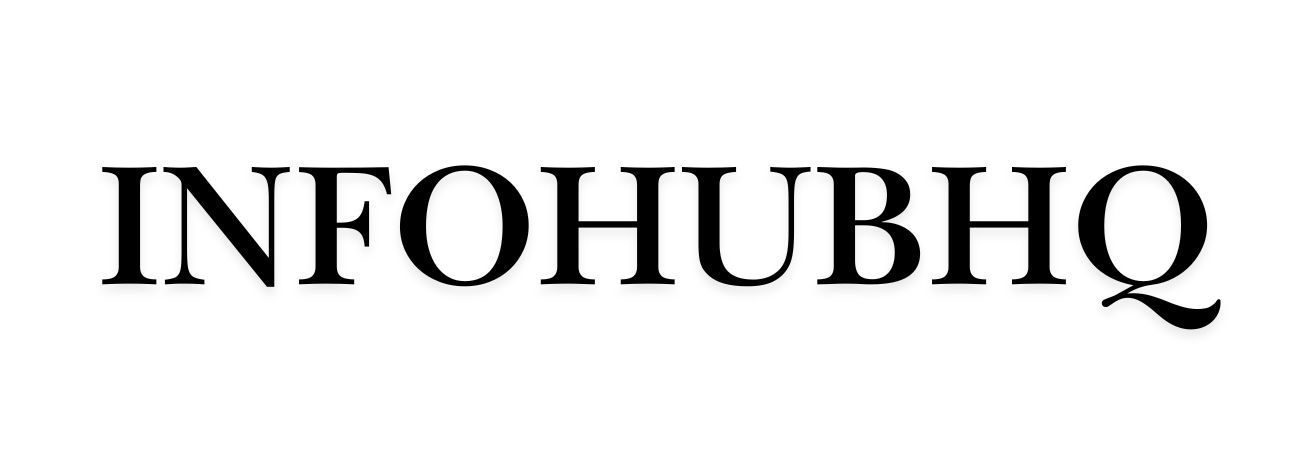The Importance of Certified Sexual Health Educators
In today’s world, where information is abundant yet often misleading, finding certified sexual health educators is crucial. These professionals are trained to provide accurate and comprehensive information that can help individuals make informed decisions about their sexual health. Certified educators undergo rigorous training and adhere to established guidelines, ensuring they deliver factual and unbiased information. This is particularly important in a field where misinformation can lead to significant consequences, such as unintended pregnancies or sexually transmitted infections (STIs).
Certified sexual health educators play a vital role in various settings, including schools, healthcare facilities, and community organizations. They offer programs that address a wide range of topics, from basic anatomy and reproductive health to consent and healthy relationships. By providing a safe space for individuals to ask questions and discuss concerns, these educators empower people to take charge of their sexual health.
Furthermore, certified educators are equipped to cater to diverse populations, acknowledging and respecting cultural, religious, and personal values. This inclusivity ensures that all individuals receive relevant and respectful education, which is essential for fostering a society that values health and well-being. The impact of certified sexual health educators extends beyond individual knowledge, contributing to public health by promoting safer practices and reducing the incidence of STIs and other health issues.
Identifying Reliable Sexual Health Resources
In addition to certified educators, reliable sexual health resources are indispensable for those seeking information. With the internet being a primary source of information for many, distinguishing between credible and unreliable sources is essential. Reliable resources are typically affiliated with reputable organizations, such as government health departments, established non-profits, or academic institutions.
When evaluating online resources, look for those that cite scientific studies and provide references to their claims. This transparency is a hallmark of credibility, allowing users to verify the information presented. Furthermore, reliable resources often offer comprehensive information that covers various aspects of sexual health, from prevention and treatment of STIs to guidance on healthy relationships.
Another key feature of trustworthy resources is their commitment to inclusivity and sensitivity. They address the needs of diverse populations, including LGBTQ+ individuals, people with disabilities, and those from different cultural backgrounds. By offering tailored information, these resources ensure that everyone can access the support and guidance they need.
Ultimately, reliable sexual health resources empower individuals to make informed decisions, promoting a healthier and more informed society. By combining the expertise of certified educators with trustworthy resources, individuals can confidently navigate their sexual health journey.
How to Access Certified Educators and Resources
Accessing certified sexual health educators and resources can be straightforward with the right approach. Start by reaching out to local healthcare providers or clinics, as they often have connections with certified educators or can recommend reputable resources. Many community health organizations also offer workshops and seminars led by certified professionals.
Educational institutions, such as universities and colleges, frequently provide sexual health education services. These programs are usually run by certified educators who offer both individual consultations and group workshops. Additionally, many schools have partnerships with external organizations that specialize in sexual health education, ensuring students receive comprehensive and accurate information.
Online platforms also offer access to certified educators and resources. Many reputable organizations provide virtual consultations and educational materials, making it easier for individuals to access information from the comfort of their homes. When seeking online resources, prioritize those affiliated with well-known health organizations or institutions, as they are more likely to offer accurate and reliable information.
By utilizing these avenues, individuals can connect with certified educators and access high-quality resources, ensuring they receive the support and guidance needed to make informed decisions about their sexual health. This proactive approach not only benefits individuals but also contributes to a healthier and more informed community.






